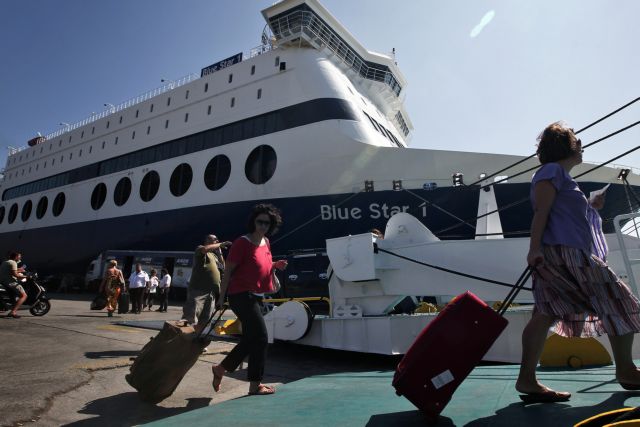
With tourism accounting for more than 20% of the Greek economy, the recovery expected this year will give a significant boost to GDP. This emerges from the report of the British bank HSBC in relation to the prospects for tourism this year.
The beaches have opened and everything shows that Europeans will enjoy a much better tourist season this year compared to 2020, HSBC points out. This will lead to a gradual recovery of tourism from June, according to HSBC.
Foreign tourist arrivals will reach about 50% of levels before the pandemic in the third quarter. After that, the recovery will be stable, with the result that the tourism industry will have returned to previous levels by the end of 2022. The recovery will be somewhat faster for Italy and Portugal than for Greece or Spain, HSBC points out.
In practice, this means that since tourism last year deducted 6 percentage points from the growth rates of Greece, this year it will add 2 percentage points. The positive impact of tourism on Greek development in 2022 is estimated at 4 percentage points.
The evolution of vaccinations is crucial
Arrivals of tourists from northern European countries to the south this year will largely depend on the evolution of vaccination programs. According to the bank report, given that vaccinated tourists will have a great deal of travel freedom, it is crucial to look at how vaccinations work in Britain and Germany. He predicts that by mid-July, half of adults in Germany and two-thirds in Britain will have been vaccinated. Older people will be able to travel freely first, as in Britain, for example, only a small proportion of those under 40 have been given the first dose. In fact, Britain is giving the second dose after three months. So those Britons taking the first dose today will need to have a coronavirus test before going on holiday if they plan to travel before the end of August.
In all tourism-dependent economies, including Greece, Great Britain and Germany are two of the top three sources of tourist arrivals. For most countries, the tourist season begins at Easter, however the biggest tourist flows are observed in July and August, with Greece having the greatest seasonality.
The high cost of testing may be a deterrent to the recovery of tourism, according to the report. Indicatively, an unvaccinated family of four Britons who want to travel to Greece this summer (even if Greece is finally included in the “green list” of Britain), will have to pay 1,024 pounds only for the tests. This is because Greece requires that tourists who visit the country must present for each family member over 5 years a negative test that was done 72 hours before the departure. According to British rules, all members must take a rapid test before returning, as well as a molecular test in the first two days after returning. The average price of a molecular test in Britain is 128 pounds. So, even without taking into account the rapid pre-return test, HSBC estimates that the two tests for each family member will cost over 1,000 pounds.
On the other hand, there are positive expectations, as TUI offers its customers a package of 60 pounds with all the required tests. This reduces the cost to 240 pounds for a family of four.
Latest News

Greece 4th Most Popular Summer Destination for Europeans
Southern Europe remains the top choice for Europeans at 41%, though down 8% from last year, likely due to rising temperatures and climate concerns.

Easter Sales Performance and the Source of €4–5 Million in Losses
Easter retail sales were relatively weak this year, with the only "real winners" being the livestock farmers who had lambs to sell.

Hotel Foreclosures Continue to Plague Greece’s Islands
A surge in hotel foreclosures across Greece’s islands threatens small tourism businesses, despite booming visitor numbers and record-breaking travel in 2024.
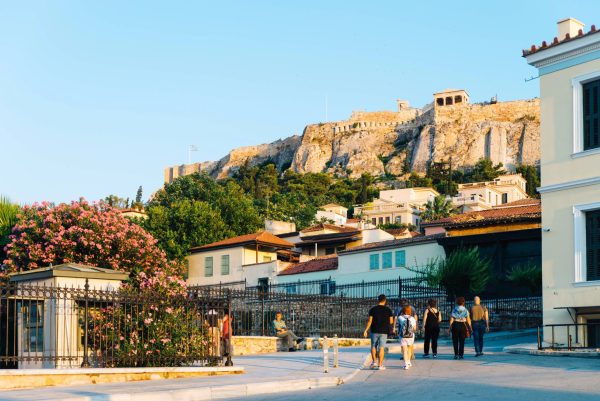
Athens Launches Task Force to Safeguard Historic City Center
The new municipal unit will ensure compliance to zoning laws, curb noise, and address tourist rental issues starting from the Plaka district.

WTTC: Travel & Tourism to Create 4.5M New Jobs in EU by 2035
This year, international visitor spending is set to reach 573 billion euros, up by more than 11% year-on-year

IMF: US Tariffs Shake Global Economy, Outlook Downbeat
IMF slashes global growth forecast to 2.8% as U.S. tariffs create uncertainty and ‘negative supply shock

First Step Towards New Audiovisual Industry Hub in Drama
The project is set to contribute to the further development of Greece’s film industry and establish Drama as an audiovisual hub in the region

Airbnb Greece – Initial CoS Ruling Deems Tax Circular Unlawful
The case reached the Council of State following annulment applications filed by the Panhellenic Federation of Property Owners (POMIDA)

Mitsotakis Unveils €1 Billion Plan for Housing, Pensioners, Public investments
Greek Prime Minister Kyriakos Mitsotakis has announced a new set of economic support measures, worth 1 billion euros, aiming to provide financial relief to citizens.

Alter Ego Ventures Invests in Pioneering Gaming Company ‘Couch Heroes’
Alter Ego Ventures' participation in the share capital of Couch Heroes marks yet another investment by the Alter Ego Media Group in innovative companies with a focus on technology.













![Accor: Η βιωσιμότητα «κλειδί» για την ανάπτυξη και ανθεκτικότητα του ελληνικού τουρισμού [έρευνα]](https://www.ot.gr/wp-content/uploads/2025/04/thumbnail-90x90.jpg)












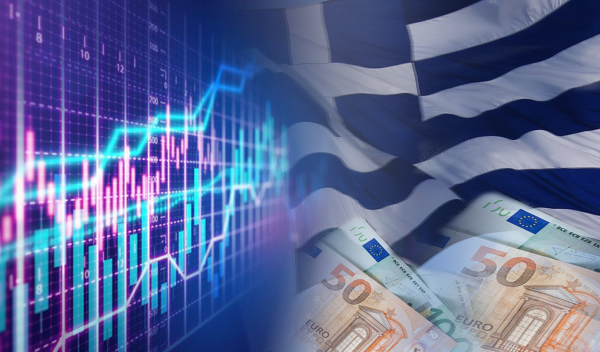
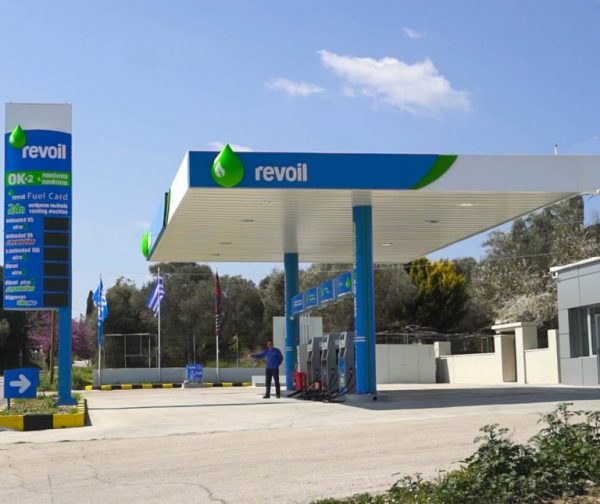
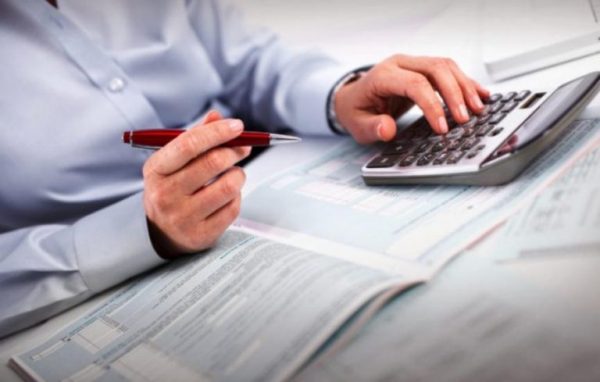

![Φιλίπ Λέιν [ΕΚΤ]: Οι δασμοί Τραμπ είναι απίθανο να οδηγήσουν σε ύφεση την ευρωζώνη](https://www.ot.gr/wp-content/uploads/2024/08/lane-ecb-600x432.jpg)








![Accor: Η βιωσιμότητα «κλειδί» για την ανάπτυξη και ανθεκτικότητα του ελληνικού τουρισμού [έρευνα]](https://www.ot.gr/wp-content/uploads/2025/04/thumbnail-600x400.jpg)


 Αριθμός Πιστοποίησης
Αριθμός Πιστοποίησης